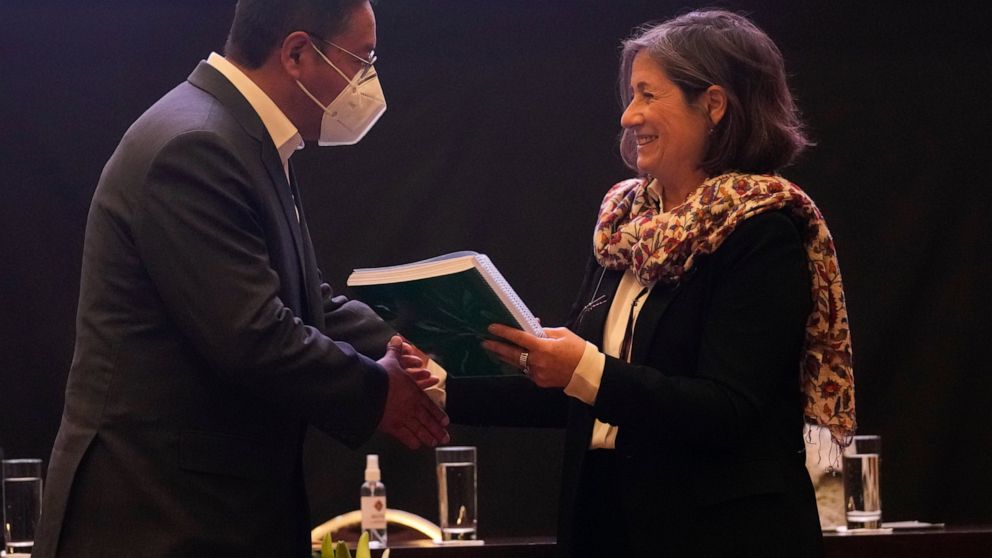
Report shines light on abuse by Bolivia's interim government
ABC News
Bolivia’s past interim government came to power by sidestepping constitutional rules for presidential succession and relied on systematic torture to persecute opponents in the tumultuous aftermath of Evo Morales’ resignation in 2019
LA PAZ, Bolivia -- Bolivia’s recent interim government came to power by sidestepping constitutional rules for presidential succession and persecuted opponents with “systematic torture” and “summary executions” by security forces in the tumultuous aftermath of Evo Morales’ resignation in 2019, according to a new report by independent human rights experts. The scathing, 471-page report is the most comprehensive yet to examine the events surrounding the disputed 2019 presidential vote, when Morales’ narrow election to an unprecedented fourth term triggered widespread protests spurred by strong international allegations of voting fraud — claims later questioned by foreign electoral experts. The report, presented Tuesday in La Paz in an event attended by new President Luis Arce, was commissioned by the Organization of American States chief human rights watchdog under an agreement with the former interim government led by Jeanine Áñez. The five-member panel’s findings of widespread abuses by security forces acting under the conservative interim government’s direction is likely to embolden leftist supporters of Morales and Arce, who have long maintained Áñez took power through a coup tacitly backed by the Trump administration. It’s also likely to undercut criticism by the Biden administration and others suggesting that the jailing of Áñez on sedition and terrorism charges tied to the unrest was politically motivated.More Related News
